
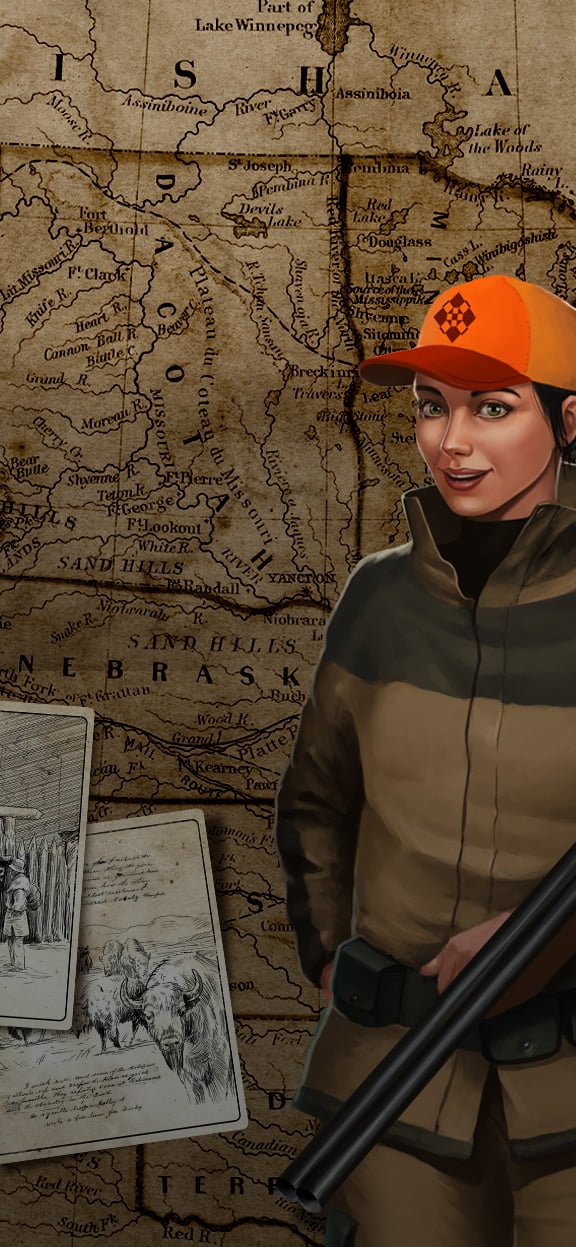


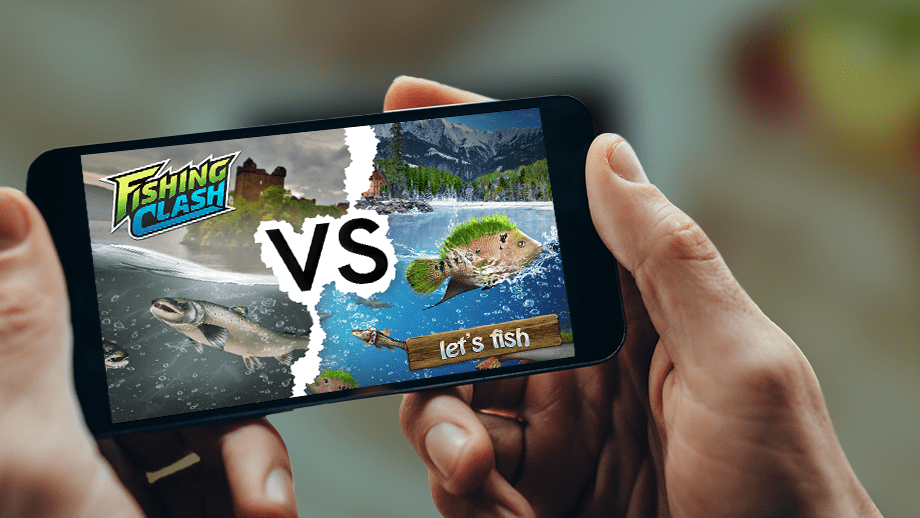
BANG! BANG! Today, we will talk to the product owners creating our top games. They will tell us how they started working in gamedev, whether it’s the job they’ve always dreamed of, where they get new ideas from, and whether you can still enjoy the creative process after several years of working on one title. Here’s an interview with Krzysztof Świst from Fishing Clash and Łukasz Modliński from Let’s Fish.
Natalia: Why did you become product owners? Did you always know that you wanted to work in gamedev?
Krzysiek: I have always been curious, and gamedev happened entirely by accident. In the beginning, I worked for Nasza-Klasa within a team creating browser games. At that time, I was in a team that tested and checked products before launch. When it turned out that I could work on a game myself, I jumped at the chance, and since we were only starting to develop Let’s Fish—one of our first games—I became involved in it. And so began my game design adventure. Then I saw how strong the emotions were that the games triggered in people, and how much it could affect them. Like magicians saying the word Abracadabra, we game designers can create and spark joy, excitement, and thrills. This was—and still is—fascinating.
Łukasz: My story is quite similar. I joined the company by chance. Or maybe by a good twist of fate? I was recommended by a friend, who enticed me into gamedev. A few years back, I was just starting my professional career, and I might have found myself working at some other job. I studied Computer Science at Wrocław University of Science and Technology. At TSG, I was initially hired as a PHP developer. Then I became a backend/frontend developer and stayed there for the next 6 years. I might have started in a completely different IT industry than in typical gamedev—but it just so happened I joined TSG. And I am glad that this is how my career turned out. I’ve been working with this company for a few years, and to be honest, I can’t imagine being in another place. I took over leading the LF project from Krzysiek, and I am still doing it today.
N: Okay then, let’s talk about your projects: both Let’s Fish and Fishing Clash. Where did the idea of creating a fishing simulator come from?
K: The idea was Maciek’s—the founder of Ten Square Games. At that time, another browser game, The Fishery, designed by our competition, generated the most income on the Nasza-Klasa portal. It was a nice niche, and Maciek decided that such a simulator had great potential. So, to some extent, we followed the example of The Fishery and suddenly… the tables turned 😉 It was us in the lead! So after about 6 months, Let’s Fish became the most popular game on the portal, and we were ahead of the competition.
N: Everything you say sounds so problem-free. Did the game design really go so smoothly?
K: Problems? What problems…? 🙂 Of course, at the very beginning of creating Let’s Fish, it was like working in the dark—it was our first company project. We had no idea where to start, what to bear in mind. Only our intuition led us. We saw some competitors’ projects but wanted to know more. Although Let’s Fish was a good testing ground, creating Fishing Clash was difficult, too. The first steps are always hard. Our goal was to create a game that players would want to play for years and of course, enjoy it for years. We had to come up with a system of adding fisheries, fish, and progress, that would allow us to develop it endlessly.
Ł: When you start doing something new, you always believe that everything will go as planned. It is the same with our projects. Of course, we all knew that something could have gone wrong—such pitfalls are inherent in our job. In the world of mobile gaming, 1 game out of 100 succeeds. But we all worked hard and believed that both these projects would be a home run and must work out!
N: All right, let’s get to the point! Which game is better—Fishing Clash or Let’s Fish?
Ł: After all, both games were made by Krzysztof. >laughing<
K: There is no definite answer to this question. It’s like asking if a Jeep is better than the sporty Mercedes AMG GT. I guess the opinion will depend on whom you ask. You cannot say that a mobile game is better than a browser game, or vice versa.
Ł: Of course, there is a difference between browser games and the mobile market. You can see that there are far fewer browser titles. The market is smaller due to current trends. Top factors are now smartphones and ease of access. You no longer have to sit in front of your computer, stuck in one position for many hours. It’s speed and convenience that counts! But with our browser title, we simply target different users of different ages and different needs. Besides, even though both games are about fishing, they are different. What we can say for sure is that we work equally hard on both.
N: Okay. So, despite the differences in platforms and target groups, can you share your experiences?
K: At TSG, we all try to help each other. If we make a mistake on one project, we show it to other teams and try to avoid it in other games. It is the same with successes—if we manage to do something cool, we share this knowledge with others. In our company, exchanging information between product teams is natural. This allows us to compete with global companies. Our projects, which will soon be tested on global markets, also generate a lot of new ideas. We all inspire and encourage one another. Without this, we definitely wouldn’t be where we are now, just like there would be no Fishing Clash without Let’s Fish, where it all started. When developing our very first game, we learned, for example, how to organize our teamwork.
Ł: We try not to reinvent the wheel when we have proven and tested solutions. We know how they work, we are aware of the assumptions. Of course, our most common inspiration is Fishing Clash, which has the largest team behind it with the most significant capacity. That’s why they can test many new ideas and gather results in no time. And we at Let’s Fish follow this and learn from these experiences. In general, mobile is a very dynamic industry. Compared to PCs, we can analyze the results here and now. We can test many ideas in one fell swoop and check what converts. So we know what to drop immediately and what to pursue. This is extremely important, especially with our own ideas. Unfortunately, sometimes (or even more often than sometimes) something we thought was cool isn’t, and our user community doesn’t like it. This was the case with a new Let’s Fish design, as the players totally disapproved of it. And thanks to these tests, we immediately know not to spend too much time, energy, and money on it.
N: TSG currently generates great global results in the F2P industry. Fishing Clash is among the 70 top-grossing apps in the USA. Few European companies, let alone Polish ones, can boast such success. We already know where you get your ideas from. I’m wondering if you have any fishing experts in your team or any other expert support. How do you choose the species of fish that appear in the game? And are all the fish species in the world already there?
Ł: All of them? Oh no! There are over 32,000 species of fish worldwide. Assuming that we need about couple of hours to design one fish, it would take us over 7 years to design so many fish, and only if we did it 24/7 >laughing<. So even though Let’s Fish has been around for so many years, we can still add new species, and our players can still catch completely new prey.
K: What’s interesting, one of our teammates has a master’s degree in ichthyology—a science of fish, their systematics, biology and morphology—so we have our own expert on board. But gamers also give us a lot of inspiration. They come up with new ideas: they send us pictures of fish and their favorite fisheries, or the names of species they would like to see in the game. And since we have very talented graphic designers, we can bring our players’ ideas into the game. Our task is to account for diversity, and this is our key to success.
N: Right, you’re talking about players and how they help develop games. But is it always so rosy? Do players get in the way sometimes?
K: No, they don’t. Sure, sometimes they get angry or complain about something. Fishing Clash has over 3 million users, so it’s utterly normal that some people like some things and others don’t. But it’s the most committed players who are the most valuable. They suggest new features, show us what they want to have in the game, what they especially like or disapprove of. I look at the gamers’ complaints in a completely different way. For me, they are valuable feedback. Because it means that we have done something not quite right, and we can improve it, design it much better.
On the other hand, it means that the game is important to them, it’s a part of their life and that’s why it triggers such emotions. After all, we create our products for our players, and they know best what they expect. And this is probably the case not only with Fishing Clash or Let’s Fish, but with every other game out there. I’ll tell you a secret—all you have to do is listen to the players and follow them, and you can grow just like FC. >laughing<
N: Please tell me, after so many years in the market—do you think that you have already achieved success?
K: It depends on how you define success, from what perspective you look. This year (2020), our market value exceeded the magic number of PLN 4 billion—and we keep growing, continually developing new projects. This is undoubtedly one of the definitions of success. But for game designers, the road traveled is also relevant. All the challenges, checkpoints—everything that we achieve day after day and week after week.
Ł: I agree with Krzysiek. If I assumed we had succeeded, I could sit back, stop working and stop making my game more and more interesting. But there’s always another mountain to climb, another fish to catch, another goal to achieve. The mobile gaming market means a constant struggle for the users, and you certainly cannot rest on your laurels. Maintaining this level of game popularity for so many years can definitely be considered a success, though.
N: Is it not boring to work on the same game for so many years?
K: You know, I love fishing, I like this world, and I keep rediscovering it. I’ve been making hobby games for 9 years now, and as I said before, it’s not about the theme of the game, but about the emotions it evokes. No matter if the game is about hunting or crocheting, these emotions—triggered by scoring points, leveling up, small losses or victories—are similar. But back to Fishing Clash—after so many years and discovering all these aspects of fishing, it gets even more exciting and you become a bit of an expert in the field!
Ł: That’s true! Years ago, I used to go fishing with my dad—now, having professional fishing equipment at home, I can bring it to work. We can look at it and use it as a design model—it helps us. Besides, I watch fishing competitions, look for inspiration, and then translate my ideas into game elements.
Every year, several hundred thousand new games are introduced to the mobile market, if not more. Product owners have to do their best to make sure their game breaks through and gains a following. It’s a hard road—data analysis, a constant fight for new inspiration, and verifying ideas. A well-tuned team, exchange of knowledge, shared creative passion and listening to the players certainly determine a game’s success. Therefore, we hope both games will gain millions of new players and will rank highly for many years.

Our two-person Social Media Team represented Ten Square Games during the third edition of Social…
read more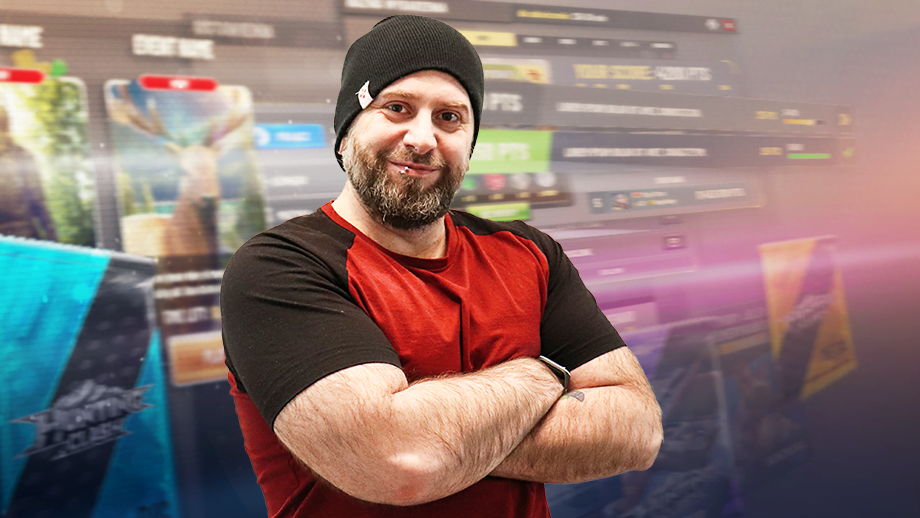
A brave new, techy world challenges us every day. Let’s try to grasp a bit…
read more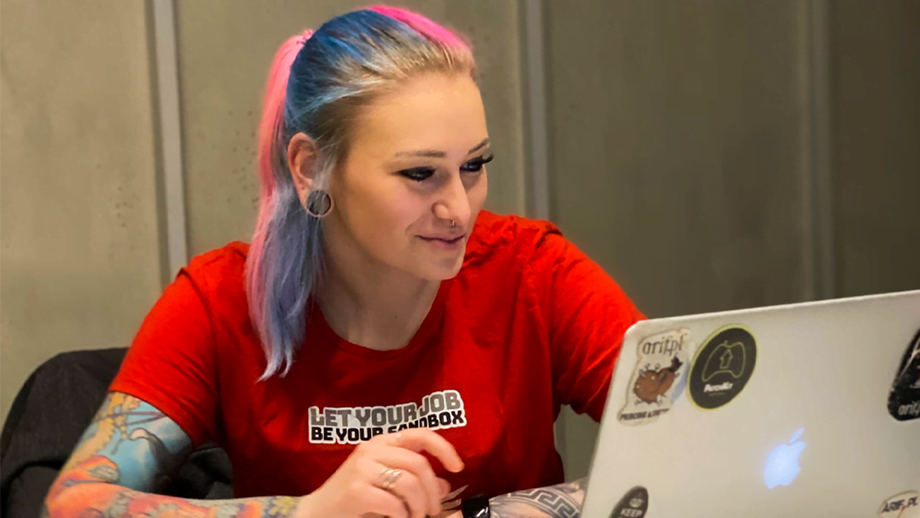
Have you ever wondered how mobile games are created? Which skills and what mindsets drive…
read more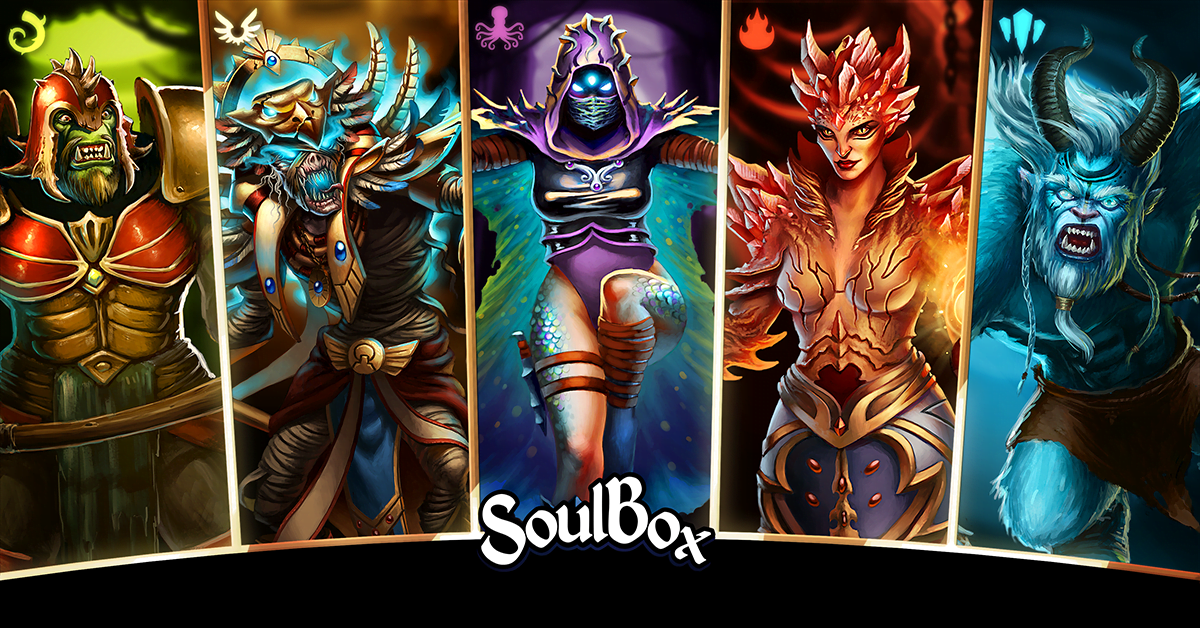
We're proud to announce that Soul Box, our new game for mobile devices , is…
read more